Disclosure: This article contains affiliate links. We may earn a commission from purchases at no extra cost to you, which helps our travel content.
The moment my feet touched the powdery white sand of Pangai, I felt the invisible gears of my entrepreneur brain downshift into what locals call 'Tongan Time.' After two years of remote consulting with smart cities across three continents, I found myself craving a different kind of intelligence—the ancient wisdom embedded in traditional Pacific Island communities. The Ha'apai Islands of Tonga, particularly the hub of Pangai, offered exactly what my Scottish-Nigerian soul needed: a masterclass in sustainable living where technology takes a backseat to cultural connection.
Decoding Tongan Time: The Art of Presence
My first three days in Pangai were frustratingly inefficient by Western standards—and that was precisely the point. When I asked my guesthouse owner what time the local market opened, she smiled knowingly and replied, 'When people come.' This wasn't poor planning; it was my introduction to Tongan Time—where rigid schedules dissolve into a fluid approach to life governed by community needs rather than clock hands.
As an urban planner by training, I initially found myself mentally redesigning Pangai's seemingly chaotic layout. But by day four, I recognized the genius in what appeared disorganized. The town's arrangement prioritizes human connection and natural cooling patterns over grid efficiency. Homes are positioned to maximize cross-breezes and communal gathering, while pathways encourage meandering conversations rather than purposeful hurrying.
My solar power bank became less about powering devices and more about enabling longer stays at impromptu community events, where I'd find myself invited to family dinners that stretched late into the evening.
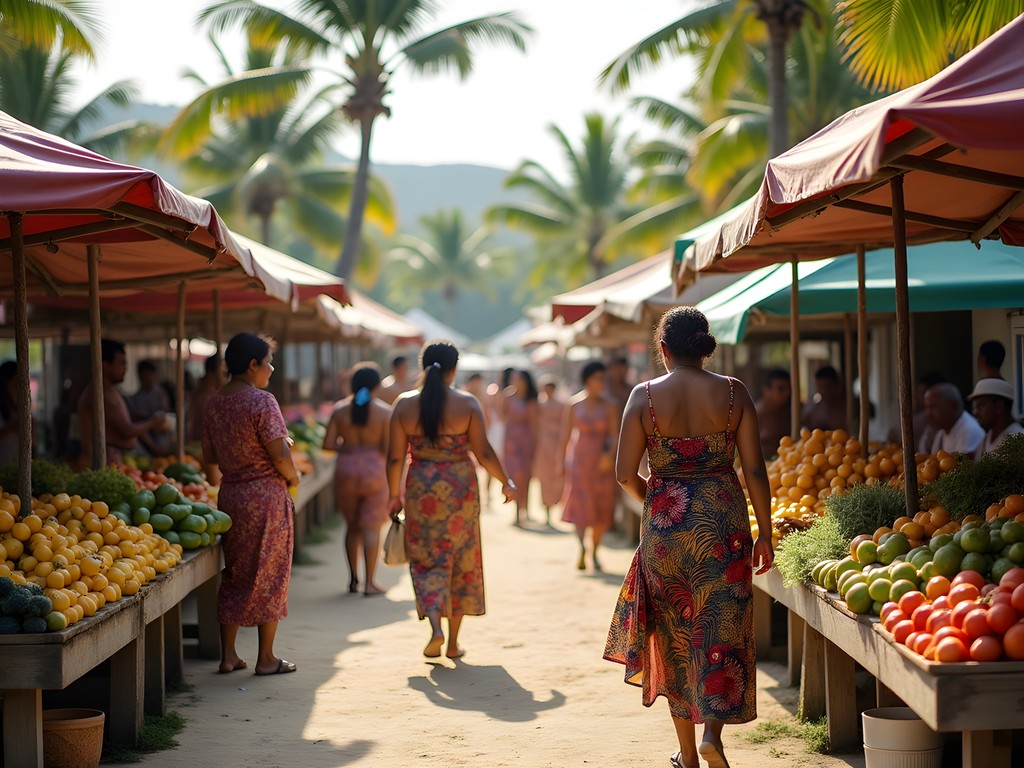
💡 Pro Tips
- Arrive with no rigid itinerary for your first three days
- Learn the Tongan greeting 'Mālō e lelei' and use it genuinely
- Adjust your expectations—a 2pm appointment might happen at 4pm, and that's perfectly acceptable
Cultural Immersion Through Kava Circles
If you want to understand Tongan social structure, you must experience a kava circle. These ceremonial gatherings, where participants share the mildly sedative drink made from the kava root, are the beating heart of community decision-making and social bonding.
As a solo female traveler, I wasn't sure if I'd be welcome in this traditionally male space. My breakthrough came through Sione, the nephew of my guesthouse owner, who invited me to a 'tourist-friendly' kava session. What began as an anthropological curiosity evolved into a profound weekly ritual during my stay.
While the kava itself—which tastes remarkably like muddy water and numbs your tongue—might not win culinary awards, the experience transcends the beverage. Seated cross-legged for hours on woven mats, I learned more about sustainable community governance than in my entire Urban Planning degree.
Bring along a compact waterproof speaker as a thoughtful gift to your host family. Music plays an important role in Tongan gatherings, and being able to share songs from your culture while experiencing theirs creates beautiful cross-cultural moments.
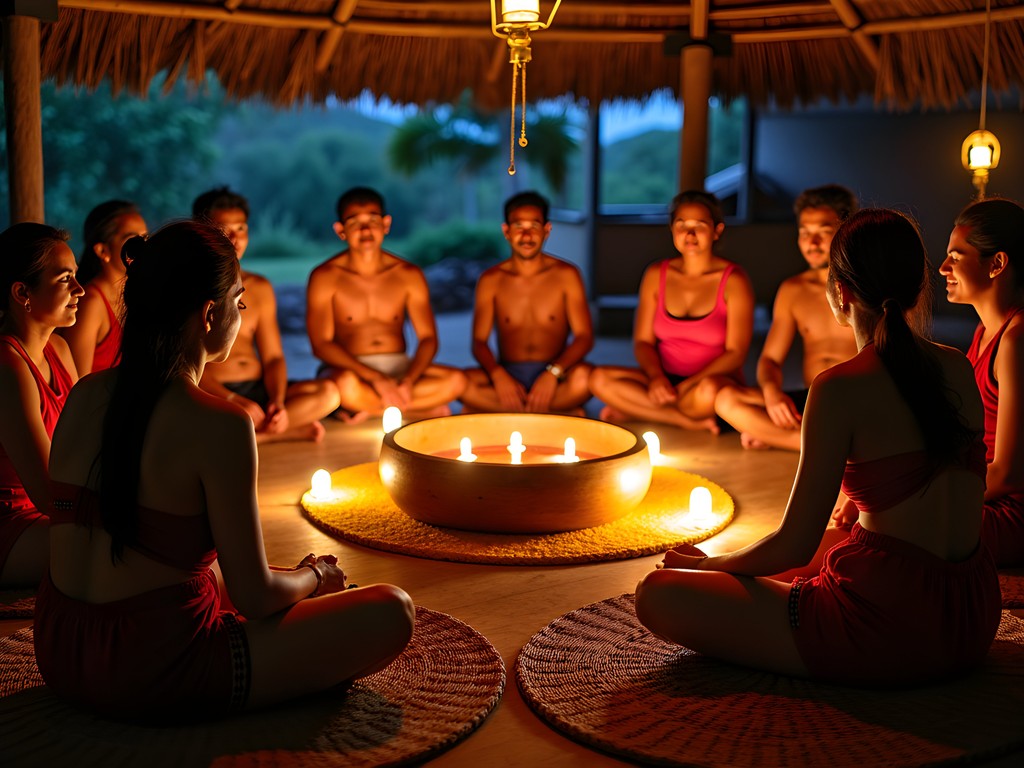
💡 Pro Tips
- Women should wear knee-covering skirts or a traditional tupenu when attending kava circles
- Bring a small gift (fresh fruit or non-monetary contribution) when invited to a home
- Listen more than you speak during your first kava ceremony
Marine Conservation Through Local Eyes
My marine biology background drew me to Tonga's remarkable underwater ecosystems, but it was the local approach to conservation that truly captivated me. Pangai serves as an excellent base for exploring Ha'apai's marine environments, with coral reefs accessible directly from shore at several points around town.
Rather than booking with larger tour operators, I connected with Tevita, a local fisherman who supplemented his income by taking visitors snorkeling. His family has fished these waters for generations, and his knowledge of reef systems far surpassed what any guidebook could offer. He showed me how traditional Tongan fishing practices inherently incorporate conservation principles—rotating fishing grounds, observing seasonal restrictions, and harvesting only what's needed.
For snorkeling these pristine waters, I relied on my full-face snorkel mask, which allowed me to breathe naturally while observing the stunning coral formations. The visibility here regularly exceeds 30 meters, revealing an underwater world that rivals any marine reserve I've visited.
When swimming further from shore, I always brought my waterproof dry bag to keep my belongings safe during longer excursions. This proved especially useful when visiting the outer islets, where we'd spend entire days moving between land and sea.
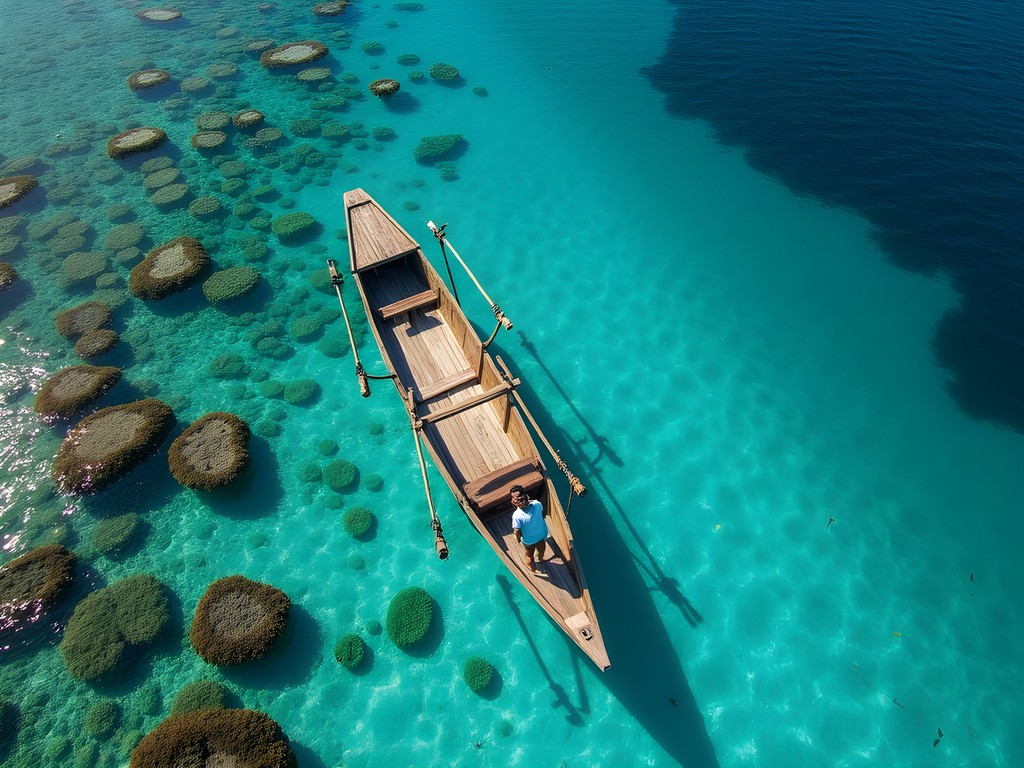
💡 Pro Tips
- Book marine experiences directly with local guides rather than through resorts
- Learn about traditional fishing tapu (restrictions) and respect them
- Visit the Ha'apai Conservation Center to understand current marine protection initiatives
Sustainable Living: Lessons from Pangai's Infrastructure
As an urban planning consultant who specializes in smart city initiatives, Pangai initially appeared to be the antithesis of my professional focus. With limited electricity, minimal digital connectivity, and infrastructure that would make a city planner wince, I expected to find inefficiency. Instead, I discovered ingenious sustainability solutions that many modern cities could learn from.
Water conservation in Pangai isn't achieved through smart meters but through community accountability. Rainwater harvesting systems adorn nearly every building, while greywater recycling for gardens happens organically. Power comes primarily from solar panels with diesel generators as backup—a microgrid solution that major cities are only beginning to implement as climate resilience measures.
During my stay, I participated in a community house-building project where traditional techniques were combined with modern materials. The resulting structure was naturally cooled, typhoon-resistant, and built entirely without power tools. I found myself taking extensive notes on passive cooling techniques that could benefit urban heat island challenges back home.
My portable water filter proved invaluable during longer excursions to outer islands where potable water isn't always available. While most accommodations in Pangai provide safe drinking water, having your own filtration system offers peace of mind and reduces plastic waste from bottled water.
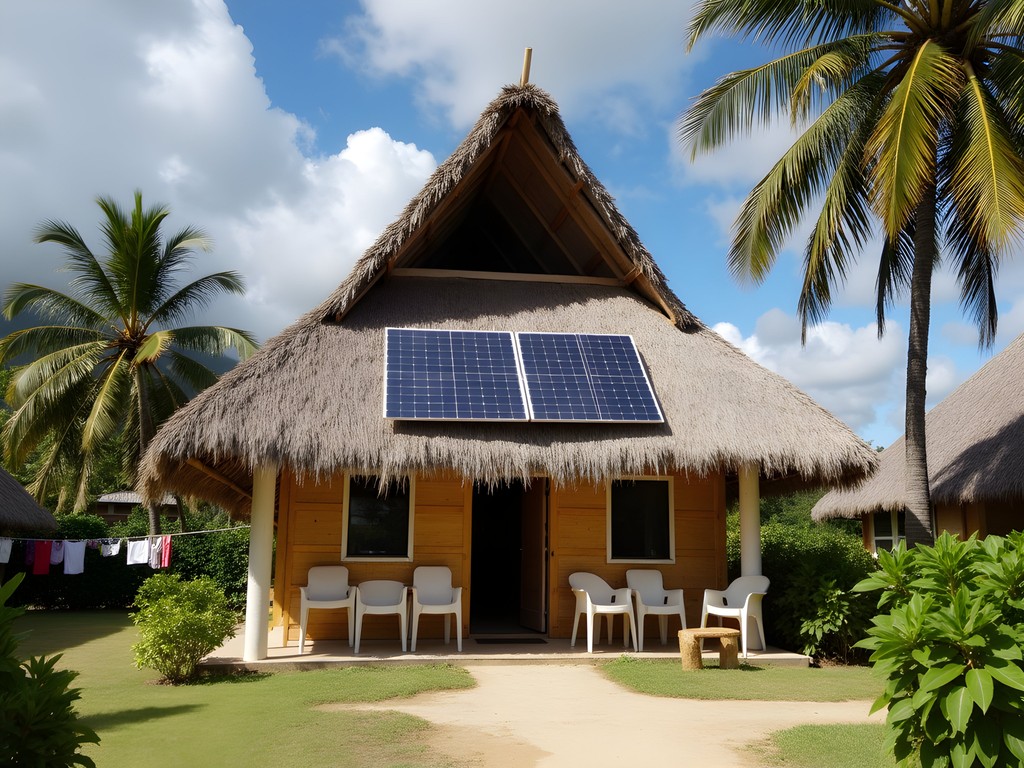
💡 Pro Tips
- Observe local water conservation practices and adopt them during your stay
- Visit the community center on Wednesdays to learn about traditional building techniques
- Bring rechargeable devices that can work with solar charging systems
Navigating the Sunday Protocol: Sacred Day of Rest
Nothing prepared me for my first Sunday in Pangai. As a perpetually-online entrepreneur accustomed to the 24/7 digital economy, watching an entire community collectively unplug was both jarring and enlightening. In Tonga, Sunday isn't just a religious observance—it's a constitutional mandate. Nearly everything closes, and activities are restricted to church attendance, family meals, and rest.
My first Sunday, I embarrassingly attempted a morning swim, only to be gently redirected by a local grandmother who explained that recreational activities weren't appropriate. Instead, she invited me to join her family for church service—an experience that became a weekly highlight regardless of one's religious inclinations. The harmonized Tongan hymns alone are worth adjusting your schedule to experience.
After church comes the feast known as 'umu'—food prepared in an underground oven. These Sunday meals showcase Tongan cuisine at its finest, with dishes like lu pulu (corned beef wrapped in taro leaves), roasted suckling pig, and fresh tropical fruits prepared in traditional methods.
I found my linen wrap skirt essential for church attendance, where modest dress is expected. The lightweight, breathable fabric was perfect for the tropical climate while meeting cultural expectations for covering knees and shoulders in places of worship.
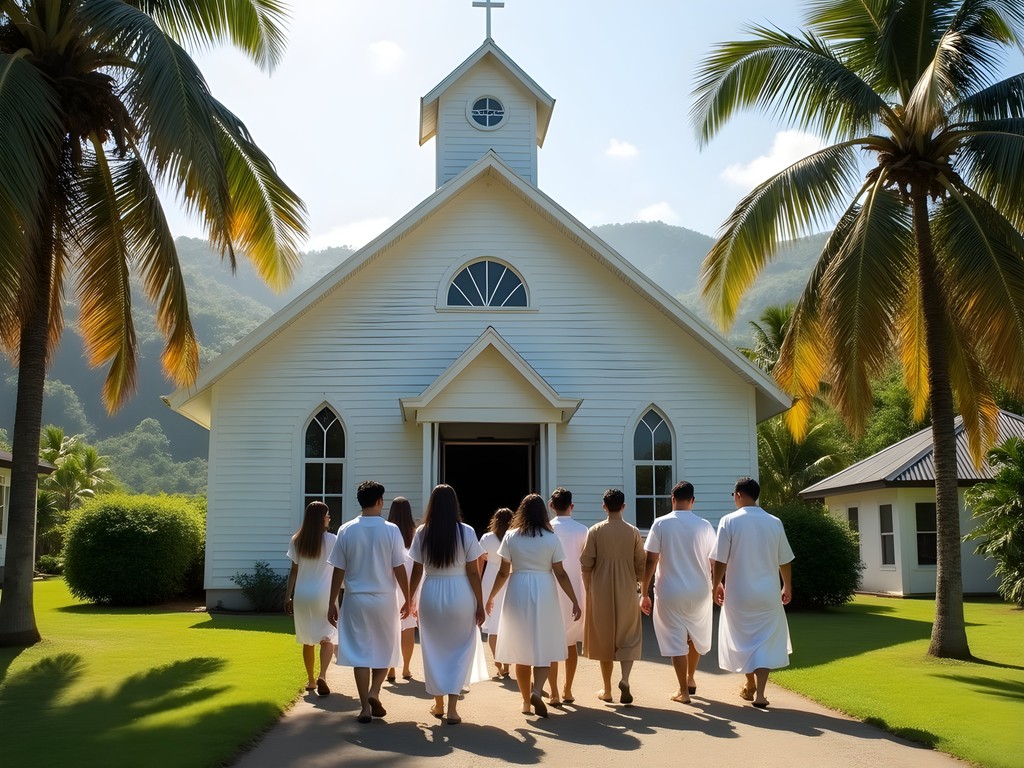
💡 Pro Tips
- Plan ahead for Sundays—stock up on food and water as shops will be closed
- Accept church invitations even if you're not religious—it's a cultural experience
- Pack formal, modest clothing for Sunday church services (covered shoulders and knees)
Final Thoughts
As my two weeks in Pangai drew to a close, I found myself calculating how to extend my stay—a telling indicator of Tonga's impact. What began as a digital detox evolved into a profound recalibration of my relationship with time, community, and sustainability. The Ha'apai Islands may lack the technological infrastructure I analyze in my professional life, but they possess something far more valuable: a living model of community resilience.
Taking Tongan Time back to my consulting work doesn't mean abandoning efficiency—rather, it means recognizing that true sustainability emerges when technological solutions honor human connection and cultural wisdom. The next smart city proposal crossing my desk will benefit immensely from lessons learned while drinking muddy kava with elders under starlit Pangai skies.
If you're seeking more than just a tropical escape—if you're ready to question your assumptions about progress, community, and what makes a life well-lived—the journey to Pangai awaits. Just remember to pack your patience alongside your snorkel gear. Island time isn't a cute tourism slogan here; it's a profound philosophy that might just transform how you experience the world long after you've brushed the white sand from your feet.
✨ Key Takeaways
- Embrace 'Tongan Time' by abandoning rigid schedules and allowing experiences to unfold naturally
- Participate in kava ceremonies for authentic cultural immersion and community connection
- Respect Sunday observances completely—it's both legally mandated and culturally significant
- Learn from traditional sustainability practices that modern 'smart cities' are only beginning to adopt
- Connect with locals directly rather than through tourism intermediaries for the most authentic experiences
📋 Practical Information
Best Time to Visit
May to October (dry season)
Budget Estimate
$100-150 USD per day including accommodation, food, and activities
Recommended Duration
Minimum 10 days, ideally 2 weeks
Difficulty Level
Moderate

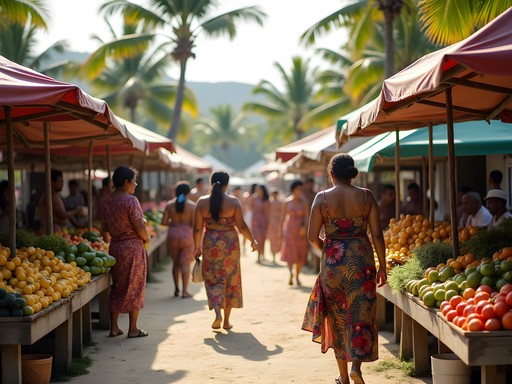
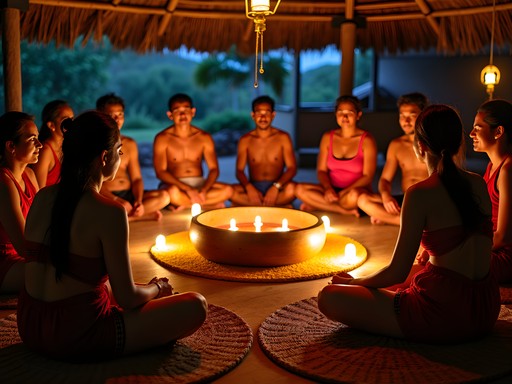
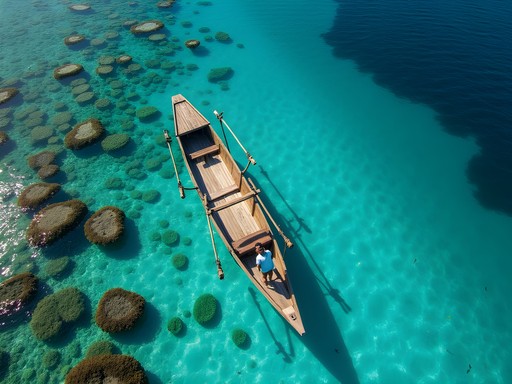
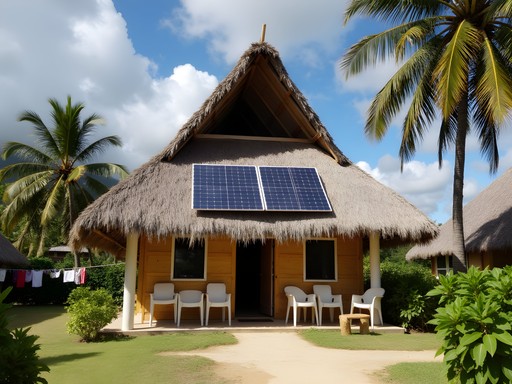
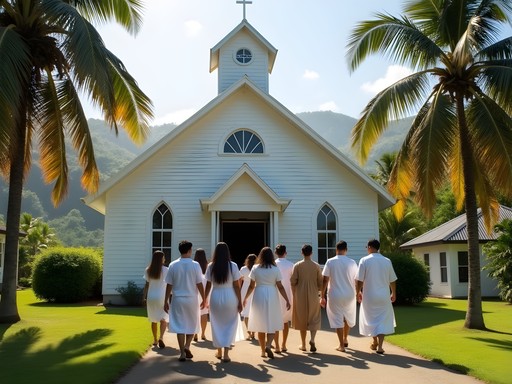


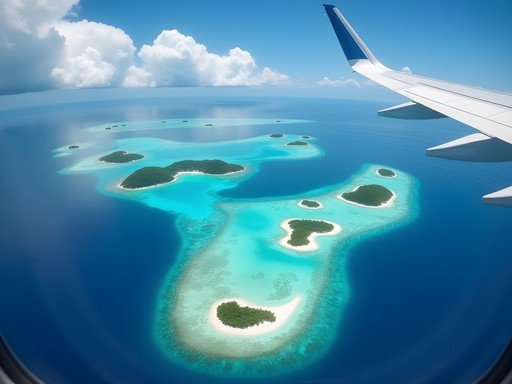
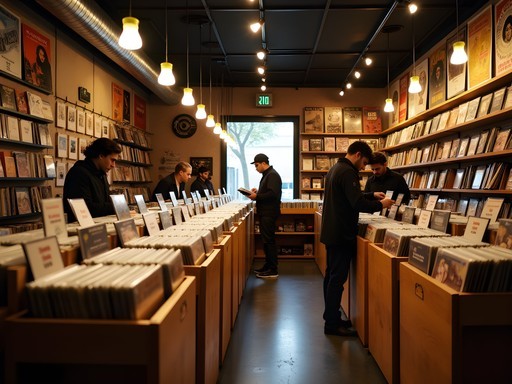
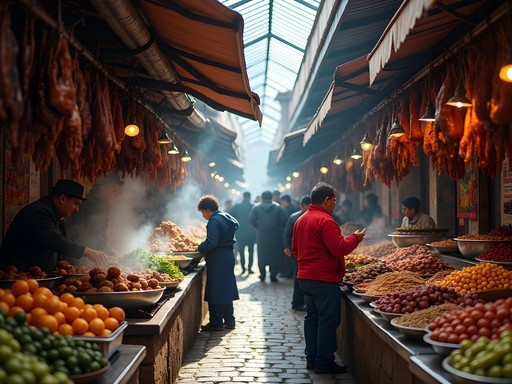
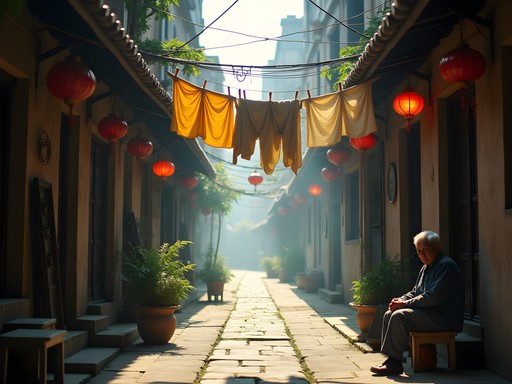

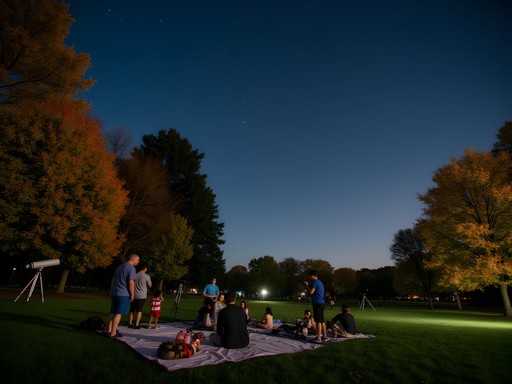
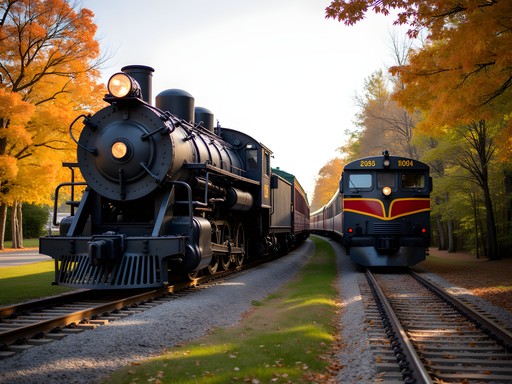
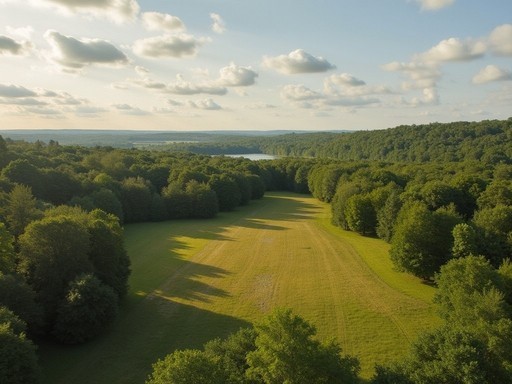
Comments
redtime
This is my dream trip!! Booking flights tonight. So excited to experience real island culture instead of just another resort vacation!
Casey Andersson
Savannah, your piece beautifully captures something I struggled to articulate after my own time in Tonga. That moment when you stop fighting the pace and just... sink into it. I remember sitting on a beach in Lifuka, frustrated because a boat tour was three hours late, when an elderly woman sat beside me and we ended up talking for two hours about her grandchildren, traditional navigation, and why papayas taste better in Tonga. That 'delayed' tour became irrelevant. It's that shift from tourism to genuine connection that makes Tonga special. The Ha'apai group especially rewards travelers willing to let go of rigid itineraries.
Savannah Kelley
Yes! That's exactly it. Those 'delays' end up being the most memorable parts of the trip. Thanks for adding this perspective, Casey.
winterseeker
Love this! Exactly the kind of travel I'm looking for.
photodiver1042
The marine conservation part caught my eye. Are there dive operators working with the local conservation projects? Would love to contribute while I'm there.
Gregory Boyd
Your observations about the kava circles really resonate. I spent three weeks in Ha'apai last year and found the evening kava sessions were where the real cultural exchange happened. The protocol can feel intimidating at first—knowing when to clap, how to accept the bilo—but everyone was incredibly patient with my fumbling. One thing I'd add: bring a small gift for your first kava circle. Doesn't need to be elaborate; I brought Australian Tim Tams and they were a huge hit. The conversations I had during those sessions completely shifted my understanding of Tongan community values.
redtime
This is so helpful!! What kind of gifts are appropriate? Going in June and want to be respectful.
Gregory Boyd
Snacks from your home country work well, or kava root if you can source it. Just avoid anything too personal or expensive—it's about the gesture of sharing.
islandrider
How long did it take you to adjust to Tongan Time? Planning 10 days there in April and wondering if that's enough.
Savannah Kelley
Honestly, about 3-4 days before I stopped checking my watch constantly! 10 days is perfect—you'll have time to settle in and actually experience it rather than just observe it.
islandrider
Thanks! That's reassuring.
pacific_traveler
Just got back from Pangai last week and everything in this post is spot on! The marine conservation section reminded me of my snorkeling trip with a local fisherman who pointed out areas they're protecting. It's amazing how they balance traditional fishing with conservation. My tip: bring cash! The one ATM was out of service for 3 days during my stay. Also, learning just a few Tongan phrases opened so many doors - locals really appreciated the effort.
backpackchamp
Which phrases did you find most useful? I only managed to learn 'malo e lelei' when I was there!
pacific_traveler
'Fakamālō atu' (thank you) and 'tulou' (excuse me) were my go-tos. Also learned 'mālō e ngāue' to thank someone for their work/effort - used this at restaurants and when locals helped me out. Always got big smiles!
wanderlust_emma
How difficult was it to get to Pangai from the main island? Planning a trip but worried about logistics!
SavannahK
Not difficult but requires planning! Real Tonga flies there 3x weekly from Tongatapu. Book in advance as seats fill quickly. The ferry is cheaper but takes 8+ hours and can be rough. Worth every bit of effort though!
wanderlust_emma
Thanks so much! Definitely going with the flight option 😅
island_hopper22
Those kava circle photos are amazing! Definitely adding this to my bucket list.
Taylor Moreau
Savannah, your piece on Pangai perfectly captures what makes Tongan culture so special. I'm planning a business retreat there next spring and wondering about accommodations for a small group (8 people) that would allow for both productive work sessions and cultural immersion. Any recommendations for places that balance reliable WiFi with authentic experiences? Did you find that most locals were open to visitors participating in community activities?
SavannahK
Hi Taylor! For reliable WiFi + authentic experience, check out Matafonua Lodge - they have cottage clusters perfect for small groups and their connection was surprisingly solid. The owner, Sandy, can arrange community visits. Just be prepared to abandon your schedule occasionally - the locals WILL invite you to impromptu events!
Taylor Moreau
Thank you for the recommendation! I'll reach out to Matafonua Lodge. And you're right - building flexibility into our schedule will be essential. I always find those impromptu invitations lead to the most memorable experiences anyway. Did you bring any particular gifts that were well-received by locals?
SavannahK
School supplies were hugely appreciated! Also brought a solar lantern which I ended up giving to a family I stayed with one night during a village visit. They were using expensive batteries for lighting, so it was genuinely useful.
Venture X
Premium card with 2X miles, $300 travel credit, Priority Pass